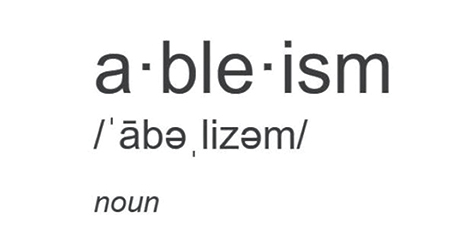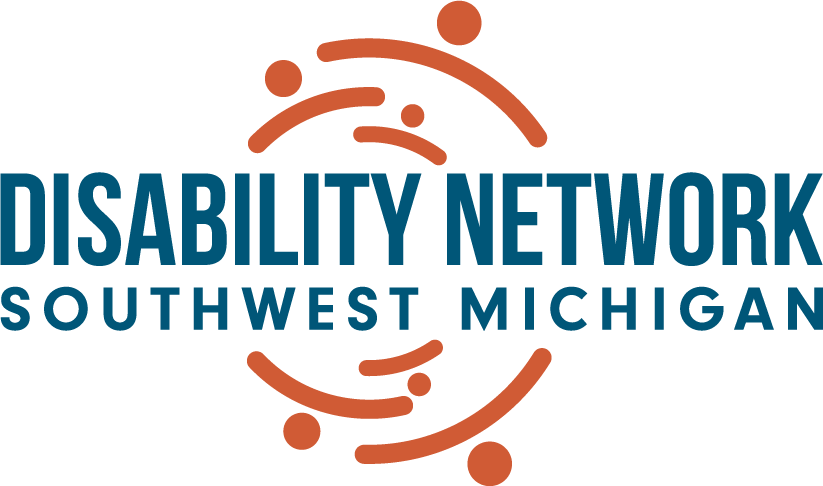
There is no question we live in an ableist world. In its simplest form, ableism is the belief system that tells us it is better to be non-disabled than it is to be disabled. Ableism also examines disability discrimination on a systemic level by looking at the ways our society designs physically and socially segregated systems. Most people are unaware they are being ableist, or that it even exists. Unless you are a person with a disability, or closely connected to someone with a disability, you likely go about your business giving little thought to how your actions, language and attitudes may impact people with disabilities.
Much of society’s bend toward ableism stems from the medical model of disability, where we first come to understand disability—something is “wrong” with this person and that “something” needs to be fixed. This is how we are taught to think about disability. What we need to recognize is that just because something is different, does not mean it’s broken, wrong, or bad; it’s just different. The media too continues to propagate a narrative that people with disabilities are to be pitied or inspirational.
The language we use around disability can either support equality or perpetuate stigma. When we start to examine the way we talk about disability, we recognize the negativity that is built into our dialog, whether outright disparaging or subliminally dismissive.
People with disabilities are often not taken seriously or treated as equals to “normal” people. While it is usually a subconscious bias, it is obvious there is a divide between disabled and non-disabled people. Imagine an organization holding an event, such as a workshop or training, with handouts and a speaker presenting. Is there something “wrong” with the person in the wheelchair who cannot navigate the stairs to enter the venue, or is there something wrong with the choice of venues? Is there something “wrong” with the person who cannot read printed material, or is there something wrong with not having offered the handouts in an alternative format? Is there something “wrong” with the person who can’t hear the presenter bellowing at the front of the room, or is it wrong to not use a microphone? Ableism is the mindset that says it’s acceptable to exclude people with disabilities because it isn’t convenient to include them. Ableism is discrimination.
In most cases individuals and organizations don’t realize they are contributing to the marginalization of people with disabilities; awareness is the first step to creating positive change. As a society, we can’t fix a problem until we acknowledge it exists and understand what created it. Let’s get serious about fixing this problem.
Disability Network offers two levels of ableism workshops offered to the public; or contact Miranda (grunwellm@dnswm.org or 269-345-1516 x120) about scheduling an Ableism training for your organization.
